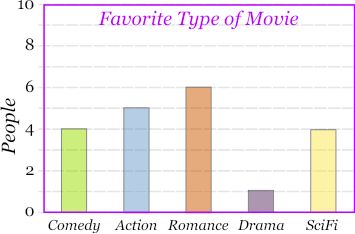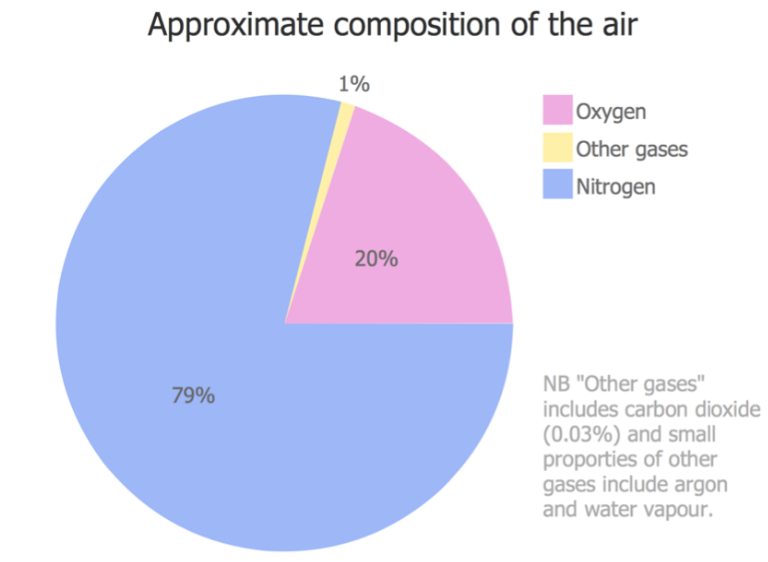1. Read Aloud
Biodiversity
– 1 July 2021 @Hangzhou, China
We understand the importance of supporting and restoring biodiversity, and we are teaming up with the world’s leading molecular biologists, technologists, conservation biologists, conservation organizations, ethicists and thought leaders to call for ‘Intended Consequences’ to help us safely use all of the available tools that can provide the advantage we need to turn the tide on species loss.
English Colonies
– 3 July 2021 @Sydney, Australia
English colonies emerged along the eastern seaboard for a variety of reasons. People, primarily men, originally migrated to Virginia to find gold and silver to make a quick profit. After it became evident that there were no precious metals in the area, men came to Virginia to start cultivating cash crops like tobacco.
Physical Activities
– 5 July 2021 @Chongqing, China
Participating regularly in physical activity has been shown to benefit an individual’s health and wellbeing. Regular physical activity is important in reducing the risk of chronic diseases, such as heart disease and stroke, obesity, diabetes and some forms of cancer. The National Physical Activity Guidelines for Adults recommends at least 30 minutes of moderate-intensity physical activity, preferably every day of the week, to obtain health benefits.
Coronavirus Pandemic
– 6 July 2021 @Suzhou, China
The legislation, which Democrats hope to push through the Senate by the weekend, remains among the largest federal relief packages in modern American history. It would deliver hundreds of billions of dollars for vaccine distribution, hospitals, state and local governments and families struggling to recover from the economic toll of the coronavirus pandemic.
2. Describe Image
Favorite Movies (30 June 2021 @Shanghai, China)

Air Composition (1 July 2021@ Suzhou, China)

Internet Users (5 July 2021@ Perth, Australia)

3. Summarize Written Text
Sleep Time (2 July 2021 @ Melbourne, Australia)
If it seems like you’re not getting enough sleep, you’re not alone. People have evolved to sleep much less than chimps, baboons or any other primates studied so far, a new study finds. Charles Nunn and David Samson are evolutionary anthropologists. They study how humans have evolved to behave the way we do. Nunn works at Duke University in Durham, N.C. Samson works at the University of Toronto Mississauga in Canada. In their new study, the two compared sleep patterns in 30 different species of primates, including humans. Most species slept between nine and 15 hours daily. Humans averaged just seven hours of shut-eye. Based on lifestyle and biological factors, however, people should get 9.55 hours, Nunn and Samson calculate. Most other primates in the study typically sleep as much as the scientists predicted they should. Nunn and Samson shared their findings online February 14 in the American Journal of Physical Anthropology.
The researchers argue that two long-standing features of human life may play into our short sleep times. The first stems from when humans’ ancestors descended from the trees to sleep on the ground. At that point, people probably had to spend more time awake to guard against predators. The second may reflect the intense pressure humans face to learn and teach new skills and to make social connections. That has left less time for sleep.
As sleep declined, rapid-eye movement — or REM — sleep took on an outsize role in humans, Nunn and Samson propose. REM sleep is when we dream. And it has been linked to learning and memory.
“It’s pretty surprising that non-REM sleep time is so low in humans,” Nunn says. “But something had to give as we slept less.”
4. Summarize Spoken Text
Childhood Death (6 July 2021 @ Shanghai, China)
I wrote a letter last week talking about the work of the foundation, sharing some of the problems. And Warren Buffet had recommended I do that — being honest about what was going well, what wasn’t, and making it kind of an annual thing. A goal I had there was to draw more people in to work on those problems, because I think there are some very important problems that don’t get worked on naturally. That is, the market does not drive the scientists, the communicators, the thinkers, the governments to do the right things. And only by paying attention to these things and having brilliant people who care and draw other people in can we make as much progress as we need to.
So this morning I’m going to share two of these problems and talk about where they stand. But before I dive into those I want to admit that I am an optimist. Any tough problem, I think it can be solved. And part of the reason I feel that way is looking at the past. Over the past century, average lifespan has more than doubled. Another statistic, perhaps my favorite, is to look at childhood deaths. As recently as 1960, 110 million children were born, and 20 million of those died before the age of five. Five years ago, 135 million children were born — so, more — and less than 10 million of them died before the age of five. So that’s a factor of two reduction of the childhood death rate. It’s a phenomenal thing. Each one of those lives matters a lot.
More Real PTE Questions for July 2021?
Get start with signing up with PTE BANK!
Step 1: Register an account
Step 2: Choose your perfect PTE Exam Package
Step 3: Go to “My Account”, click on “download” to get PTE preparation materials




